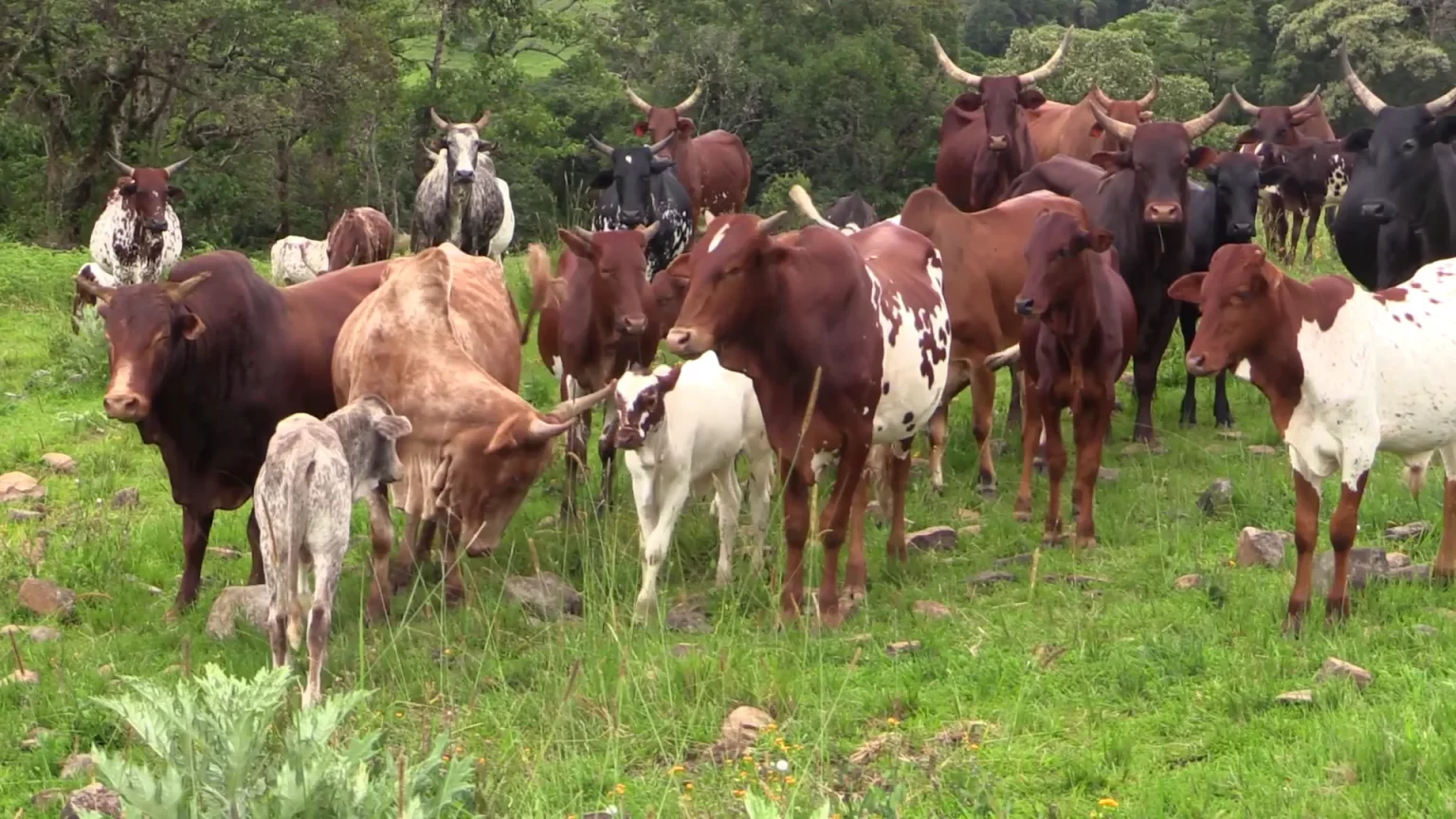The Minister of Livestock Development, Idi Maiha, has advocated for the adoption of grazing reserves to boost the sector, noting that pastoralism as a system of livestock rearing is no longer sustainable in Nigeria due to the threats of climate change and the intense competition for natural resources amidst the increasing national herd.
The minister announced this during the signing of a Memorandum of Understanding (MoU) with the Rural Electrification Agency (REA) for the supply of electricity to the proposed Renewed Hope Livestock Village (RHLV) project of the Federal Government, yesterday in Abuja.
The minister said, “Despite the 417 grazing reserves in the country, we have had stakeholder engagement with pastoral communities, traditional rulers, the business community, and have come to the full realisation that pastoralism as is being practised today is no longer sustainable into the future.
“Climate change, acute competition for scarce resources, the national herd increasing in size, and so much demand and expectation from the livestock sector,” call for sustainable innovative approaches, he concludes.
According to Maiha, the Renewed Hope Livestock Village is an initiative that provides a cluster of livestock amenities and infrastructure, including grazing reserves, pasture farms, solar power for stable power supply, veterinary hospitals, markets, schools for children of pastoralists and healthcare services, among others.
The MOU seeks to implement solar-powered grids in rehabilitated grazing reserves, which will not only provide electricity but also support education and healthcare in these areas.
“This collaboration marks a pivotal step forward in our nation’s journey towards modernising our livestock sector and ensuring the prosperity of our coastal communities.
“By providing solar-powered grids, we are laying the foundation for a more secure, productive, and peaceful future for our country,” he said.
The partnership is also expected to stimulate economic opportunities by creating jobs in the installation and maintenance of solar systems, thereby enhancing local economies.
Maiha adds that the livestock village initiative is viewed as a “non-kinetic measure to restore peace in rural areas,” offering an opportunity for economic growth and improved livelihoods for pastoralists, unlocking the full potential of the livestock sector, and creating a sustainable future for all Nigerians.
Managing Director of REA, Abba Aliya, emphasised the importance of collaboration with various sectors, including agriculture and security, to effectively address the challenges faced by underserved communities.
He said, “The rural electrification agency is powering Nigeria and to power Nigeria, you need to power some specific sectors of the country.
“We design different programs. We design energising education, we design energising agriculture, we also design a program to energise the security outfit, and now the livestock sector.”
He pointed out that REA is focused on powering clusters that are economically viable to better the lives of Nigerians, hence the current partnership.
“At REA, what we are always looking for is a cluster that has different elements of development,” he pointed.
Out of the 417 grazing reserves in Nigeria, four have been identified for the pilot project of the renewed hope livestock village.
They include Wawazengi in Gombe State, Wase in Plateau State, Gongoshin in Adamawa State and Kawu grazing reserve in Bwari, Area Council of the Federal Capital Territory (FCT).

